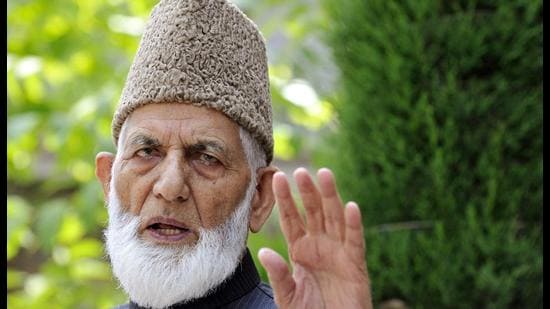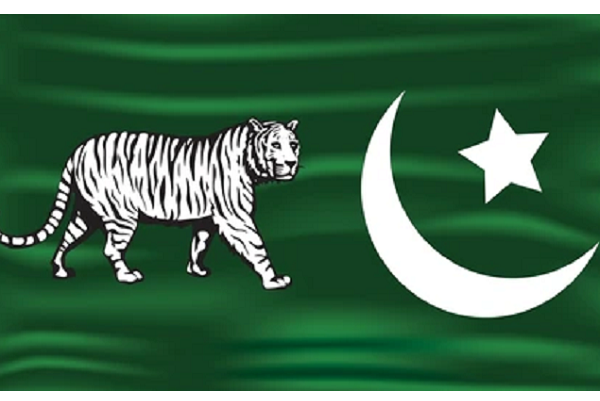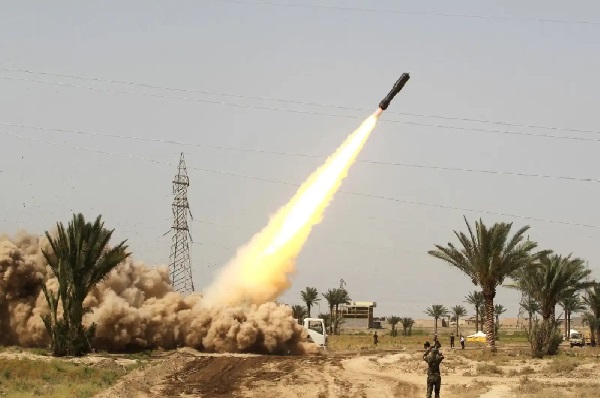Sustainable architecture is a design approach that seeks to minimize buildings' negative environmental impact by maximizing efficiency and moderation
SRINAGAR: Police in Indian Illegally Occupied Jammu and Kashmir opened a case on Saturday against family members of the late resistance leader Syed Ali Geelani under a harsh anti-terror law for allegedly raising anti-India slogans and wrapping his body in the Pakistan flag.
Ali Geelani, who died on Wednesday at age 92, was the emblem of Kashmiris’ defiance against New Delhi and had been under house arrest for years.
His son, Naseem, said Indian authorities buried the body in a local cemetery without any family members present after police snatched his body from the home. Police denied that and called it “baseless rumours by some vested interests”.
A video widely shared on social media purportedly showed Ali Geelani’s relatives, mostly women, frantically trying to prevent armed police from forcing their way into the room where his body, wrapped in a Pakistan flag, was being kept. It showed women wailing and screaming as police took the body and locked his family and relatives inside the room.
Police said they had registered a case against unspecified family members and some others and began probing the case under the Unlawful Activities (Prevention) Act. They have not yet been taken into custody. Critics say such police cases are sometimes brought to silence or intimidate opposing voices.
The anti-terror law was amended in 2019 to allow the government to designate an individual as a terrorist. Police can detain a person for six months without producing any evidence and the accused can subsequently be imprisoned for up to seven years. Rights activists have called the law draconian.
Geelani’s son Naseem said that a police officer visited the family on Saturday and informed them a case had been registered. Naseem did not provide further details about the meeting, but said there were scuffles as the police removed his father’s body.
“Amid the chaos, we didn’t really know what was happening. We were mourning,” said Naseem.
Syed Ali Geelani spearheaded Kashmir’s movement for the right to self-determination and was a staunch proponent of merging the India-occupied region with Pakistan. For many in Kashmir and beyond, he was an enduring icon of defiance against India.
On Sunday, authorities eased some restrictions that had been imposed since Geelani’s death, allowing private vehicles on roads and vendors to operate in some parts of Srinagar.
However, most shops and businesses stayed closed as government forces patrolled roads and streets in the city. Mobile phones were restored late on Friday, but mobile internet and restrictions on the assembly of people continued in many parts of the held valley.
Paramilitary soldiers remained stationed outside the graveyard where Geelani was buried.
Ruwa Shah, Geelani’s granddaughter, wrote on Twitter they were horrified by what followed after he passed away. "His home was a jail for over a decade and now his graveyard is a jail too," she said.
You May Also Like
ISLAMABAD: The ruling Pakistan Muslim League Nawaz (PMLN) emerged victorious on most seats in the by-elections, according to
SYRIA: Rockets were fired late Sunday from northern Iraq at a military base in Syria housing a US-led coalition, according to Iraqi security






